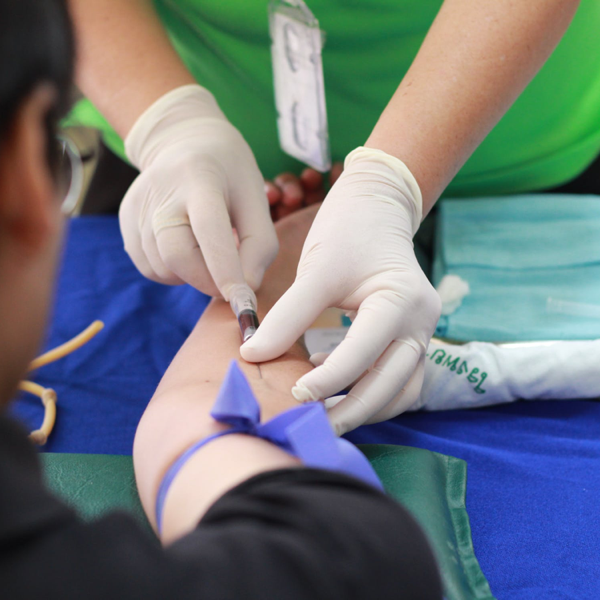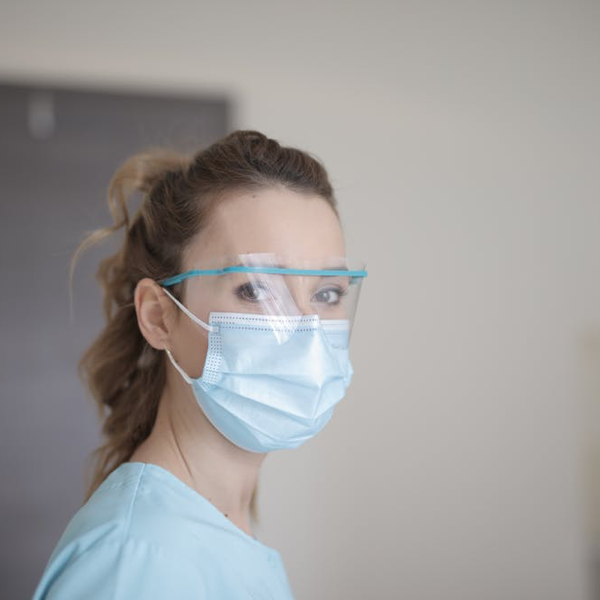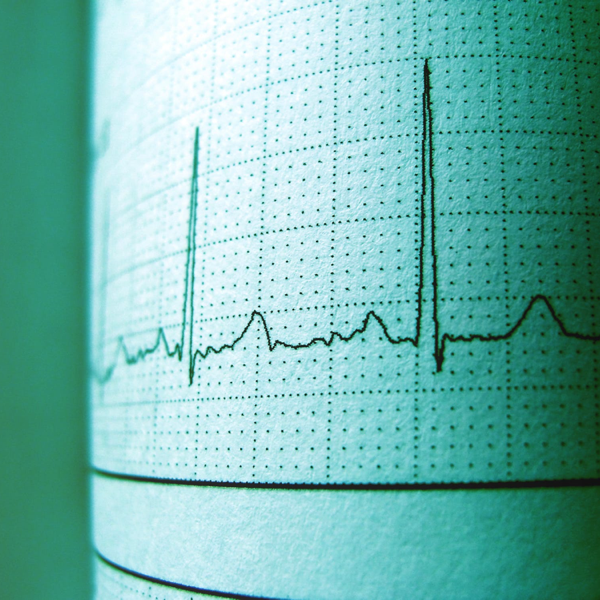Professional Duties
Medical Assistant

A medical assistant is a multi-skilled professional and a valuable asset to a physician. They are an integral part of the healthcare team assisting in patient care management. They perform several functions, for instance: administrative medical assistants are tasked to update and file the medical records of patients. They also file insurance forms, arrange and organize hospital admissions and laboratory services.
In the US, physicians and hospitals rely heavily on the skills of medical assistants to keep accurate and comprehensive records. Truly, they are a vital part of the health care team.
Medical Assistant Duties and Responsibilities
When researching this allied health care profession you will come across three types of medical assistants, namely Administrative, Clerical and Clinical. Administrative and Clerical are often interlinked.
Want to join as Medical Assistant?
Apply NowDental Assistant

Dental assistants greatly increase the efficiency of the dentist in the delivery of quality oral health care and are valuable members of the dental care team. If you have strong communication skills, enjoy working with your hands as well as your mind and want a career with responsibility, dental assisting is for you.
Job Description
The duties of a dental assistant are among the most comprehensive and varied in the dental office. The dental assistant performs many tasks requiring both interpersonal and technical skills. Although state regulations vary, responsibilities may include:
- Assisting the dentist during a variety of treatment procedures
- Taking and developing dental radiographs (x-rays)
- Asking about the patient's medical history and taking blood pressure and pulse
- Serving as an infection control officer, developing infection control protocol and preparing and sterilizing instruments and equipment
- Helping patients feel comfortable before, during and after dental treatment
- Providing patients with instructions for oral care following surgery or other dental treatment procedures, such as the placement of a restoration (filling)
- Teaching patients appropriate oral hygiene strategies to maintain oral health; (e.g., toothbrushing, flossing and nutritional counseling)
- Taking impressions of patients' teeth for study casts (models of teeth)
- Performing office management tasks that often require the use of a personal computer
- Communicating with patients and suppliers (e.g., scheduling appointments, answering the telephone, billing and ordering supplies)
- Helping to provide direct patient care in all dental specialties, including orthodontics, pediatric dentistry, periodontics and oral surgery
Want to join as Dental Assistant?
Apply NowPhlebotomy Technician

A phlebotomist is a medical professional who is responsible for performing venipuncture on patients in a medical environment such as a health screenings, hospital, lab, or doctor's office. A phlebotomist assists other medical workers by focusing entirely on the collection of blood, tissue, and fluid samples. Many times a phlebotomist works with organizations that only perform phlebotomy for their patients.
The duties of a phlebotomist can be divided into five general functions:
- Prepares and maintains necessary equipment and supplies.
- Performs venipuncture, arterial puncture, capillary puncture, and other fluid collection. procedures on patients, and ensures specimens are appropriately labeled and identified.
- Assists the patient before, during, and after collection of the specimen.
- Prepare the blood to be screened at a laboratory by labeling and centrifuging the specimen.
- Must maintain patient confidentiality, keep necessary records, and document results.
Each portion of the process is equally important, and is often performed in addition to other medical office responsibilities and laboratory functions.
Venipuncture is a phlebotomist's main duty. Venipuncture refers to the act of withdrawing or extracting a blood sample from a patient, usually using a needle. This needle is inserted into a vein, upon which blood is extracted from the vein. This blood may be used to perform tests, or may be a blood donation from the patient.
Want to join as Phlebotomy Technician?
Apply NowPatient Care Technician (PCT)

Often referred to as a certified nursing assistant, patient care technicians are skillfully trained professionals that provide hands-on care to patients in hospitals, physician's offices and nursing homes. As a patient care technician, you will generally always work under the direct supervision of a nurse (RN or LPN) or a doctor, reporting to them any problems you may find or suspect with your patients.
Job Duties
As a patient care technician, your job responsibilities will encompass a multitude of duties. Some of the most important medical duties will include the monitoring and recording of each patient's vital signs like heart rate, pulse, temperature and blood pressure. Assisting doctors and nurses in physical exams and other diagnostic testing procedures is also usually required of many patient care technicians, particularly in private doctors' offices. In some cases, patient care technicians may be asked to monitor catheter output and change dressings.
Want to join as Patient Care Technician (PCT)?
Apply NowElectrocardiography Technician

Electrocardiogram (ECG) technicians use special equipment and medical techniques to record the electrical impulses transmitted by a patient's heart. Data acquired by electrocardiogram technicians assists physicians and cardiologists in diagnosing medical conditions in patients. Training for this career typically is done by the ECG technician's employer.
Job Description
Electrocardiogram technicians generally are employed in hospitals, laboratories or cardiologists' offices. They typically work 40 hours a week, although occasional weekend work might be required as well. ECG technicians employed with laboratories tend to put in longer hours. Additionally, they may be required to be on call and come in at odd hours.
ECG technicians should expect to perform heavy lifting on a regular basis as they move patients and equipment. They also should be prepared to work with patients who are suffering or have serious heart conditions.
Job Duties
An electrocardiogram technician performs an ECG by attaching electrodes to a patient and then pulling switches on an ECG machine to trace electrical impulses transmitted by the heart. A doctor then inspects these readings to analyze the patient's heart condition.
ECG technicians also might perform stress tests. This involves hooking up a patient to an ECG monitor for a baseline reading and then monitoring the patient's heart while he or she exercises on a treadmill. During the monitoring period, the treadmill speeds up and slows down to produce ECG readings at multiple levels of physical exertion.
With advanced training, ECG technicians can administer Holter monitoring tests. With this procedure, the technician attaches an ECG monitor to a patient, then allows the patient to go about his or her normal routine for a 24-hour period. Next, the electrocardiogram technician removes the monitor and takes it to a scanner, from which he or she can print out the data recorded by the machine.
Unlike most cardiovascular technicians, electrocardiogram technicians typically receive their education through job training from an experienced cardiologist or ECG supervisor. Training generally last 4-6 weeks, although learning to conduct Holter monitoring procedures takes longer. Alternatively, aspiring ECG technicians might complete a cardiology registration program offered through a community college or technical school.
Want to join as Electrocardiography Technician?
Apply Now



